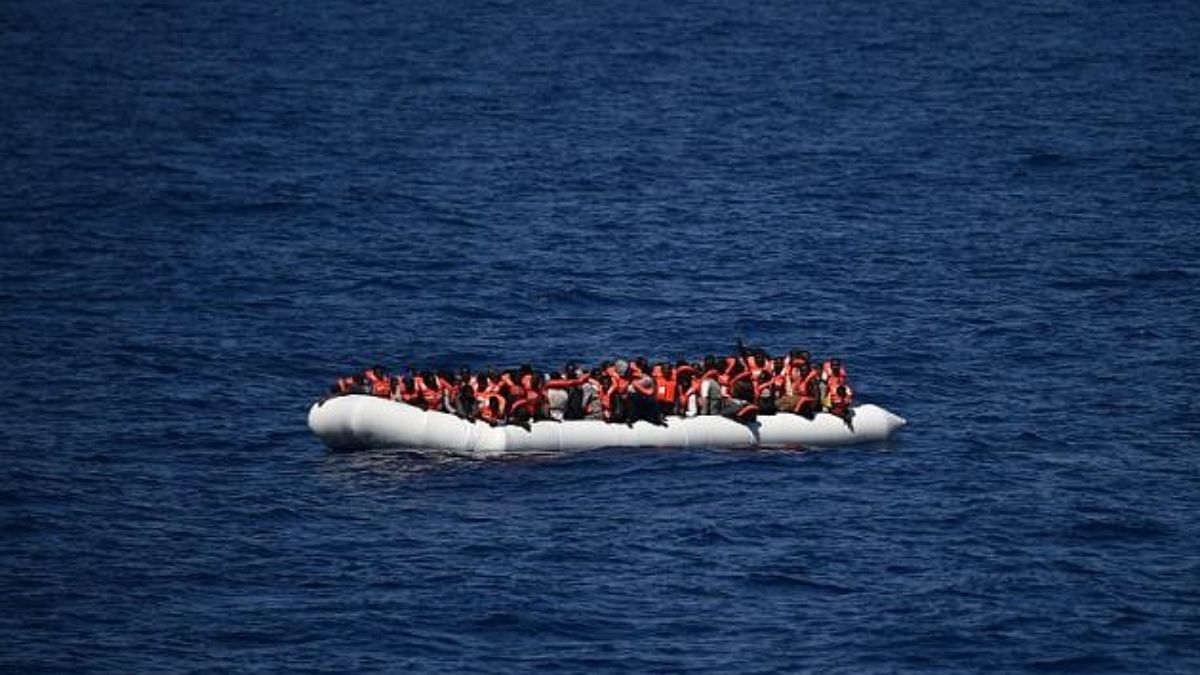A ferry carrying dozens of passengers capsized Friday (November 29) on the Niger River near Dambo in Kogi State, killing at least 27 people and leaving many others unaccounted for, officials said.
The boat overturned at a point where the Niger, West Africa’s largest river, stretches more than 600 meters across. Emergency responders said the exact number of passengers remains unclear, as operators typically do not keep formal records.
Sandra Musa, spokesperson for Kogi State’s emergency management agency, said 27 bodies have been recovered so far. “It’s unclear how many people were on board, people don’t usually keep a record of passengers,” Musa said.
“Search and rescue is still ongoing for survivors and possible bodies.”
Preliminary reports indicate the boat may have been carrying over 50 people. Abubakar Abdullahi, a spokesman for the Red Cross in Kogi State, said many of the passengers were women, petty traders, and artisans traveling for work or trade.
Villagers downstream have been asked to watch for bodies that may have drifted with the river’s current.
What caused the accident?
The cause of the accident has yet to be determined. Musa noted potential factors such as turbulence or the boat striking an underwater snag. She also highlighted the poor condition of many vessels operating on Nigeria’s rivers.
“The age of the boat might have played a role. Usually the lifespan of boat is between five and ten years, but you see boats aged 20 years,” Musa said, adding that none of the recovered bodies had life jackets, a common issue in the region.
Kogi State Governor Ahmed Usman Ododo expressed his sorrow over the loss of life in a statement. He urged private boat operators to prioritize safety and called on local authorities to enforce stricter regulations to prevent future tragedies.
Impact Shorts
More ShortsA repeating tragedy
The accident is part of a broader pattern of deadly incidents along Nigeria’s waterways. In October, a boat carrying 300 passengers to a Muslim festival capsized in Niger State, leaving around 100 feared dead.
The month prior, more than 40 farmers died when an overloaded vessel sank on the Gummi River in Zamfara State. Earlier this year, one of the country’s worst waterway disasters in recent memory claimed over 100 lives in Kwara State.
Nigeria’s rivers, vital for commerce and transportation, have become perilous for the communities relying on them. Many accidents are attributed to a lack of enforcement of safety protocols, including overcrowding and inadequate maintenance of vessels.
With inputs from agencies


)

)
)
)
)
)
)
)
)



